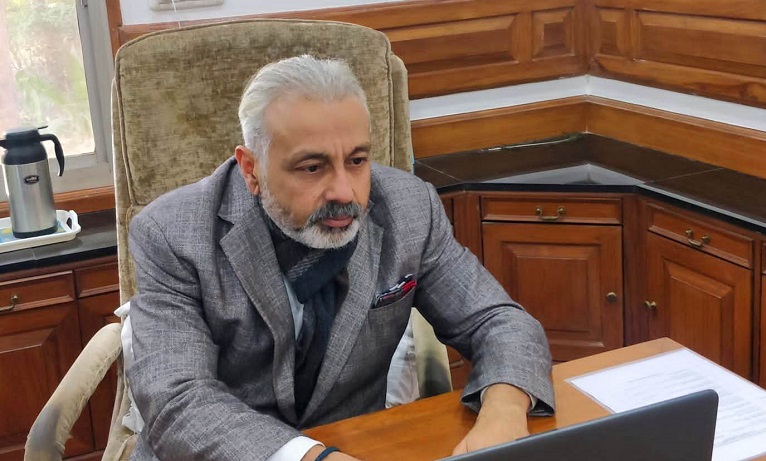Caring for Children’s Mental Health
Childhood is a critical stage for mental health, it’s a period of rapid growth and development in the brain. Children and adolescents develop cognitive and social-emotional skills that shape their future mental health and prepare them for adulthood.
The environment in which children and adolescents grow has an impact on their well-being and development. Early negative experiences in homes, schools, or digital spaces, such as exposure to violence, a parent’s or caregiver’s mental illness, bullying, poverty, and sexual abuse all increase the risk of mental illness.
Here’s what Anoop Bishnoi, the Chairman of the Doon School, Dehradun, entrepreneur, and philanthropist, has to say about it, “In today’s world, the burden on children is increasing all the time. From academics to extracurricular activities, children are constantly pressured to excel in everything they do.
Creating healthy habits that help our children feel stronger, happier, safer, and more in control of their lives is one way to help them maintain a sense of mental well-being. Every child is unique, as is their environment. Nobody understands your child’s needs like you do. Keep an eye on your child’s behavior and keep the lines of communication open at all times. Avoid comparing their accomplishments to those of others; instead, praise their efforts and assist them in analyzing their own strengths and weaknesses.”
When it comes to knowing their children, parents are the true experts, and they are often the first to notice any changes in their children’s behavior. One of the most important lessons you can teach your children is to recognize and express their emotions. Before offering advice or becoming angry, take a moment to truly listen to your child. The fear of feeling is passed down through generations. You can make a positive difference if you are willing to challenge yourself and learn new ways to connect with your child.




Comments
Post a Comment